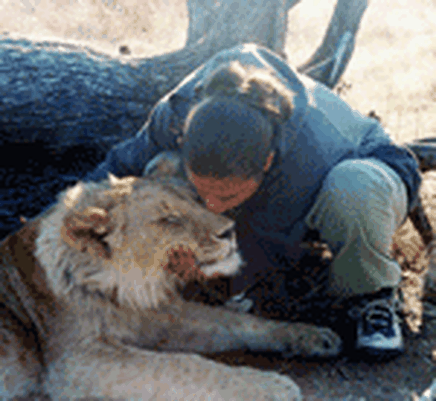Tobago Expedition: Day 3
No word yet on my luggage.
Waking up at ten to six in the morning (ten to four considering the time difference), we started the day in earnest.
Breakfast consisted of porridge, bread, jam and large amounts of tea and coffee. We immediately went into morning chores and by 6:30 I was scrubbing toilets in a morning haze. That was a first, and hopefully a last.
Morning announcements came next, consisting of the plan for the day and any admonishments for slack behavior. The first wave of divers went to get kitted up while the dive instructor took us around the SCUBA shack, familiarizing us with the gear shed and making sure we had everything we needed. Miraculously, we were able to put together a full kit for me out of random spares. I would get to dive!
Dive gear sorted, we were then sent to the science officer for our first fish lecture. As we're here to survey, we need to learn to properly identify all of the fish, invertebrates, coral, coral diseases and algae of interest to the data collection process.
After an hour of rapid-fire lecture outlining the indentifying features of each fish, we had only covered about a quarter of those we need to know. And our test is in two days.
Already feeling like a slacker student who would be cramming all weekend, we then discovered that the Monday exam would also cover invertebrates and coral, which we haven't even begun to cover. This 'vacation' is shaping up to be more studious than university.
Following morning lecture, we were put through several orientation sessions. The dive instructor went over dive policies and procedures. As previously mentioned, the dive profiles are very conservative, which I believed were due to lack of proper medical access. Turns out, there's a hyperbaric chamber less than half an hour away. While one never plans to use it, it's a comforting thought to know it's there. Dangerous fish came next, highlighting sea critters to avoid and remedies in the event we couldn't. Sharks, moray eels, sea urchins and other usual suspects made this list, but we were also told to avoid the Creole wrasse as they like to bite. I'm not familiar with the Creole wrasse specifically, but I've never heard of any fish in the wrasse family attacking divers. Odd. Then the medical officer took us through health and safety, covering common ailments and dangers of the site, where the first aid kit was, and how far we were from the nearest hospital.
Overloaded with information, we finally got the break we'd been waiting for. It was time to dive! While it was nothing more exciting than a check out dive, our small group was excited just to get wet. And it felt great.
In line with Coral Cay's conservative safety policy, it was a proper check out dive including skills like mask removal, buoyancy and an out of air scenario. I felt like I was back in class, but I enjoyed the dive nonetheless.
After a lunch of pasta and potatoes (carbohydrates are the staple food of the expedition), we were given the official tour of the base, followed up with a lecture on The Rules.
What can I say about The Rules? Honestly, they're childish and clearly assume the volunteers are not to be trusted to behave like grown adults. In their zeal for risk and liability management, Coral Cay has gone overboard on their restrictions. I feel like I'm back at junior high summer camp. But I'm pretty sure my YMCA camp was more lenient and trusted us twelve year olds to act our age. That said, I've accepted the situation (there's no alternative other than leave the program with no refund), tucked away the insult, and reminded myself I'm here to dive and learn how to survey, in that order. The Rules have been a topic of much conversation amongst the volunteers, and it seems the group has reached the consensus, "It sucks, but what can you do?"
We had our chance to hold this discussion during unexpected free time this afternoon. The on-site air compressor is broken, so we're sending our tanks out to a local dive shop to be filled. The shop hadn't sent them back in time for our afternoon dive. No air, no dive. You'd think missing a dive, especially this early in the trip, would be more upsetting. Fortunately, I came with the expectation that these things happen, so I'm not totally chuffed about it. Things here happen on island time, which doesn't always correspond to dive time. I've got two more weeks to log dives and learn how to survey. And I'm in the middle of a good book.
The weather was absolutely gorgeous today, an apparent turn around from the past few months. Up until last week, incessant rain created run-off that destroyed the visibility in the bay. That combined with the broken air compressor and the boat's busted engine meant that about half the dives were cancelled. The motor is now fixed, the visibility has improved significantly, and the deal was finally worked out with the closest dive center for tank fills. Looks like I've lucked out on timing.
Rounding out the day, my new best friend has let me use her shampoo and body wash. And as we discovered on the site tour, in addition to flushing toilets we also have hot showers: two unexpected luxuries. Ah, to be clean.
